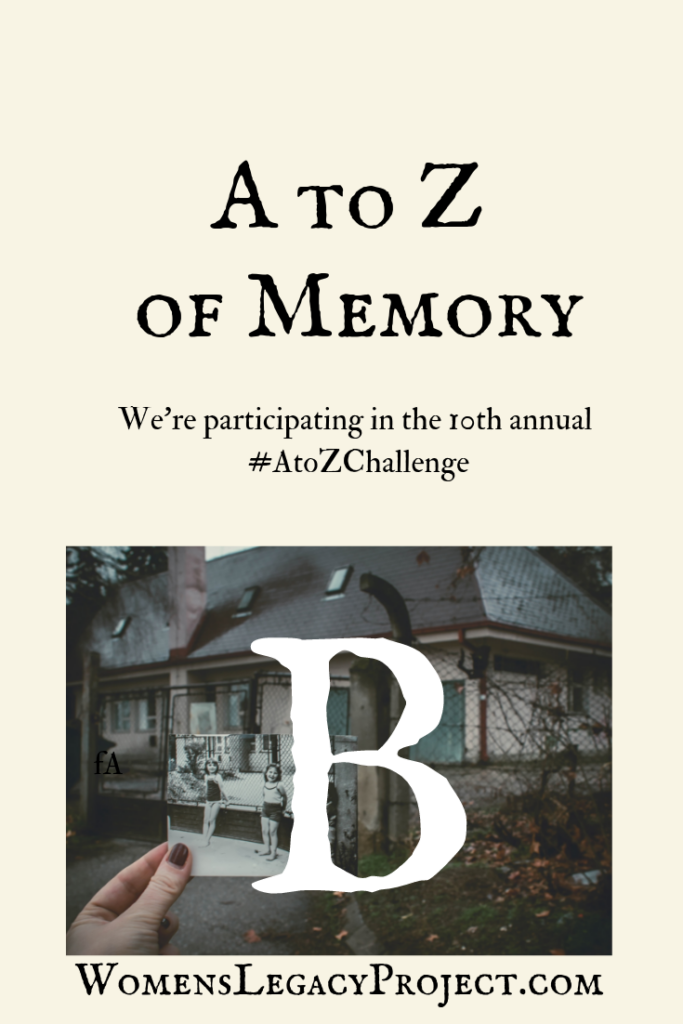The concept of body memory is a confusing one. The neural system and brain is usually considered to be distinct from the body. The blood brain barrier protects the brain from noisy and dangerous particles and extraneous information that regularly influences the components of our bodies at the cellular level.

The essence of who we are, what is us and what is other, has to have an ultimate arbitrator that decides what we are and do, what we let in to our selves. Our bodies are complex systems that are comprised of not only our human biology, but of trillions of bacteria that have evolved with us. We cannot live without them.
The parts of the body that contribute to the creation, storage and recall of memory is no less complex that the many systems that comprise the rest of our bodies. The brain and central nervous system may function behind a nearly impermeable barrier, but that does not mean that what we once thought to be housed in the brain such as memories may actually be a process that involves much more than storage in a brain and perhaps should be thought of as a multidirectional process and not a static thing.
We have only recently come to understand this. How our minds and memories construct meaning is scarcely understood at all. We know the hippocampus is central to the conversion of short term memories into long term memories with repeat passage of information about a memory through the hippocampus creating a stronger and easier to recall memory. The amygdala is central to connection of emotions and sensorial input that stirs emotion with the formation and recall of memory.

It is this linkage between perception of the exterior world through our senses that most often is considered to be bodily memory. Sensation beyond and apart from any cognitive interpretation of an experience forms significant aspects of memory.
It has long been know that smell is extremely evocative. What has not been as well understood is how the body contributes information in memory formation from our signaling systems that exist beyond cognitive awareness, for which we do not have words, for example, how the formation of scar tissue in the healing closure of a wound might involve cellular communication about the insult to the flesh at the time of injury and the triggering of the healing process along with the emotion, fight or flight responses, experienced during a significant injury.
We do know that PTSD response can be triggered through physical perception of of touch, movement, and introduction of noxious stimuli. PTSD is a response to emotional, probably non-cognitive, memory. Understanding that memory is created, processed, and recalled through a complex physical process built upon interaction with parts of our neural perceptual system that existed long before thought and vision were conceptualized by early human ancestors helps us understand that we have to include what has recently been referred to as body memory if we are to understand what memory actually is.
We are coming to understand that there is much more to memory than that of which we are aware.
References:
Memory — New Research Reveals Cells Have It, Too | Evolution News. (2018). Evolution News. Retrieved 2 April 2019, from https://evolutionnews.org/2018/11/memory-new-research-reveals-cells-have-it-too/
Office, A. (2019). Neuroscientists reverse memories’ emotional associations. MIT News. Retrieved 2 April 2019, from http://news.mit.edu/2014/brain-circuit-links-emotion-memory-0827
How To Cope With Body Memories In PTSD Recovery | HealthyPlace. (2019). Healthyplace.com. Retrieved 2 April 2019, from https://www.healthyplace.com/blogs/traumaptsdblog/2015/10/ptsd-recovery-dealing-with-body-memories
Parts of the Brain Involved in Memory | Livestrong.com. (2019). LIVESTRONG.COM. Retrieved 2 April 2019, from https://www.livestrong.com/article/75693-parts-brain-involved-memory/
Excellent article! I have a couple of questions regarding the effect of aging on memory. What do you think begins to happen to our memory as we age? Why our memory gets slow down and even leads to ailments like dementia or Alzheimers?
John Gatesby recently posted…Biological Aging and Anti-Aging Mechanisms